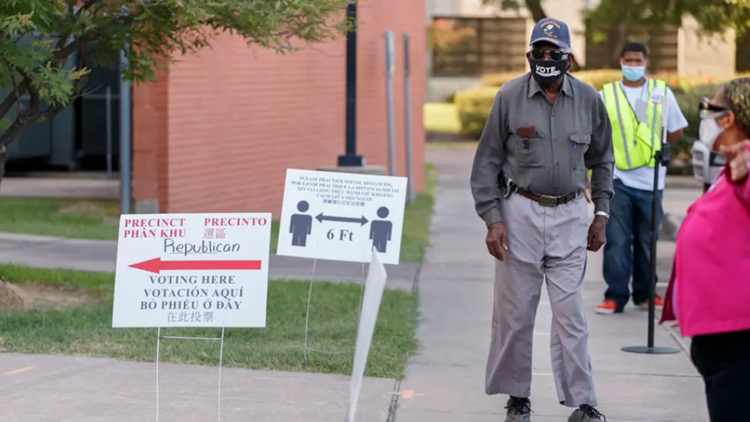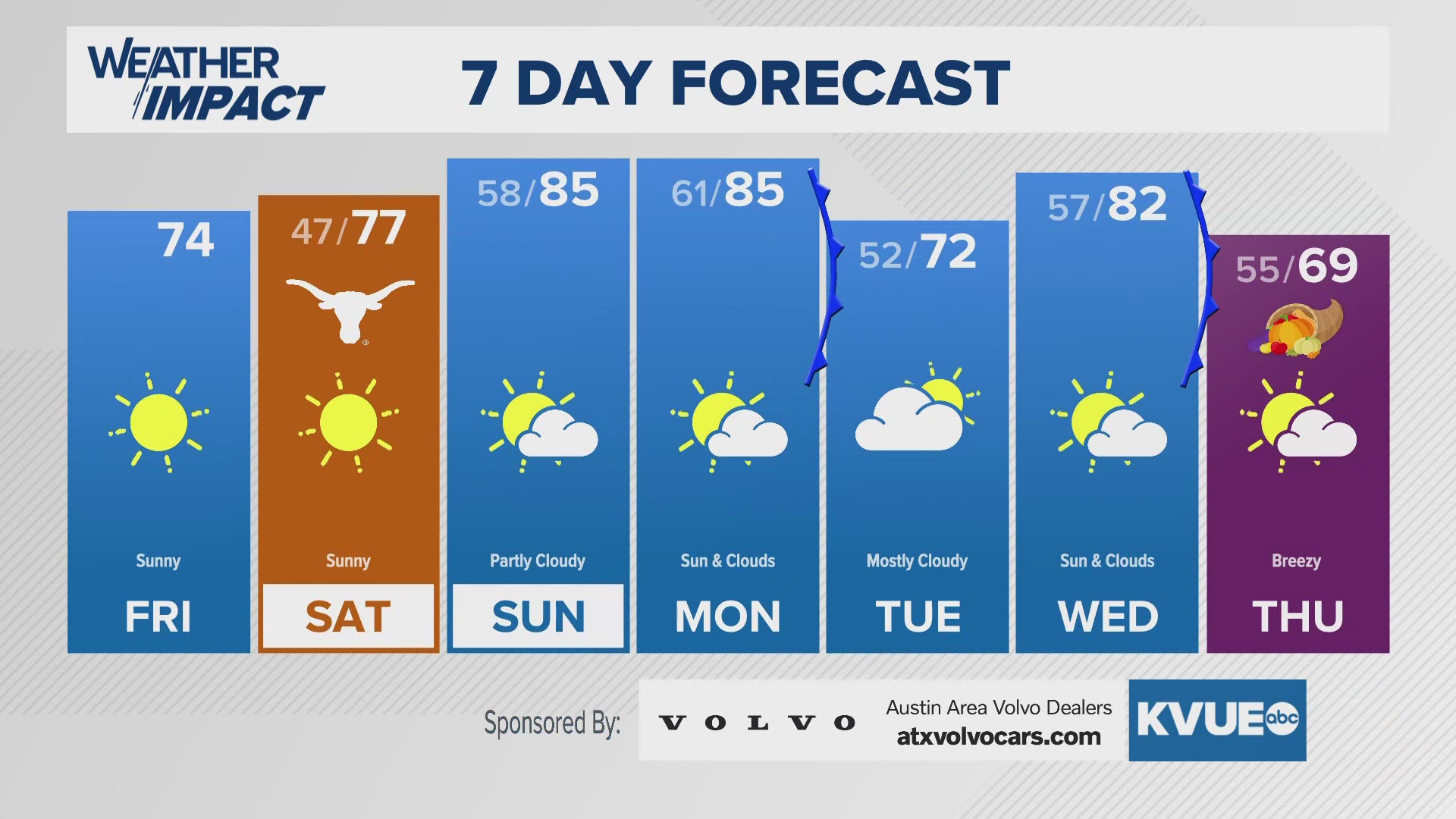This story originally appeared in The Texas Tribune.
Opening a new front in the legal wars over voting during the coronavirus pandemic, two civil rights organizations and two Texas voters argue that the state’s rules for in-person voting won’t work this year and are asking a federal judge to require substantial changes.
In a wide-ranging federal lawsuit filed Thursday in San Antonio, Mi Familia Vota, the Texas NAACP and the voters claim the state’s current polling place procedures — including rules for early voting, the likelihood of long lines and Gov. Greg Abbott's decision to not require voters to wear masks — place an unconstitutional burden on voters while the virus remains in circulation.
That burden will be particularly high for Black and Latino voters whose communities have been disproportionately affected by the virus, the lawsuit argues.
“The Texas 2020 elections will put voters at risk of transmitting or being infected with the coronavirus. But the risk will not be shared equally,” the lawsuit reads. “Some voters will be able to vote easily by mail. Others will not. Some will have easy access to early voting locations. Others will not.
“And some will be able to vote quickly on Election Day by a hand-marked paper ballot handled by a single poll worker, or on a properly disinfected machine. Others will have to wait for hours at understaffed locations, without the option to vote on a hand-marked paper ballot, forced to vote on a machine used by dozens or hundreds of voters, which should, but might not, be properly disinfected after each use, much less protected from aerosolized particles from the last voter’s breathing in the same space.”
Abbott and Texas Secretary of State Ruth Hughs are named as defendants, but the suit targets some decisions that are ultimately up to local officials. The long list of changes the plaintiffs are seeking includes a month of early voting, an across-the-board mask mandate for anyone at a polling place and a suspension of rules that limit who can vote curbside without entering a polling place.
The plaintiffs also want to overturn a relatively new statewide election law that ended the long-established practice of setting up temporary or mobile early voting sites that could be moved around during the early voting period to reach as many voters as possible near where they live, work or go to school. They are asking the court to allow counties a temporary reprieve from that 2019 law, which is the target of a separate lawsuit filed last year.
To “ensure that polling sites are safe and of low risk to the health of all registered voters,” the suit also seeks that the state be ordered to open additional polling places and provide enough voting booths and workers to keep waits to less than 20 minutes.
(Polling places for general elections are ultimately designated by county commissioners courts.)
A spokesperson for the Texas attorney general’s office, which represents the state in litigation, declined to comment on the lawsuit.
The case is the latest addition to a long roster of lawsuits filed against the state and election officials — including challenges to eligibility for absentee voting and the actual mechanics of absentee voting — that will have to move quickly through the courts ahead of what’s expected to be an extended early voting period for the November general election.
Without offering details, Abbott has previously indicated he will be ordering an expansion to the typical two-week early voting period for November. Extended early balloting has been one of the main ways in which state Republican leaders, who have vehemently opposed an expansion in voting by mail, have modified election processes during the pandemic.
Disclosure: The Texas secretary of state's office has been a financial supporter of The Texas Tribune, a nonprofit, nonpartisan news organization that is funded in part by donations from members, foundations and corporate sponsors. Financial supporters play no role in the Tribune's journalism. Find a complete list of them here.
The Texas Tribune is a nonpartisan, nonprofit media organization that informs Texans — and engages with them – about public policy, politics, government and statewide issues.



